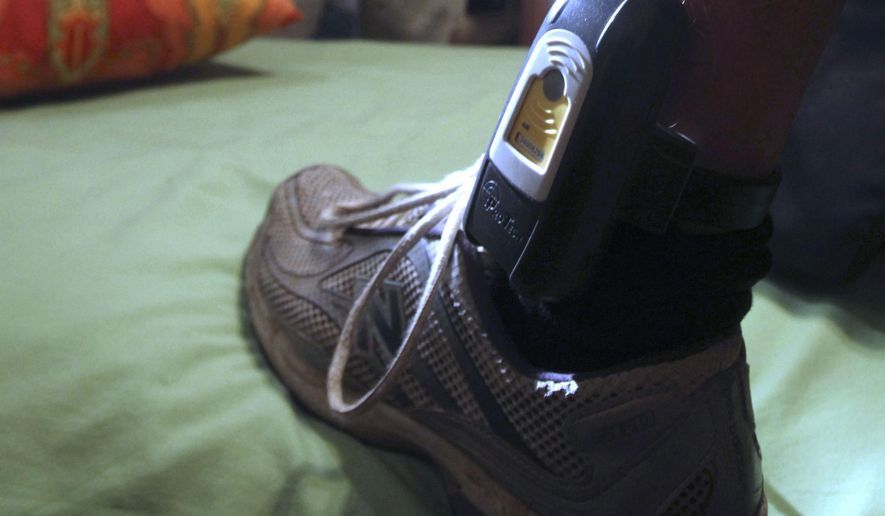Sex offenders who entered the federal witness protection program were sometimes given waivers so they did not have to register as a sex offender in their new life, federal investigators said Wednesday, raising concerns that law enforcement officials didn’t do enough to protect citizens.
The watchdog stressed they found no instances of sex offenders given waivers committing further sex crimes, but warned that officials “did not utilize safeguards to protect and notify the public and law enforcement about the risk these individuals posed.”
In a heavily redacted report released Wednesday, the Justice Department’s inspector general said they were concerned that the agency had not “taken sufficient steps to mitigate the threat posed by program participants, including sex offenders, who commit crimes after being terminated from the program.”
Registering as a sex offender is supposed to serve as a deterrent for committing further crime. It includes requirements that sex offenders tell neighbors of their conviction, and also requires that they stay away from certain areas, such as school zones.
Without these safeguards in place, investigators warned it was easier for relocated offenders to commit sexual crimes again. Though there were no examples of the offenders given waivers committing more crimes, investigators noted that there have been instances of other people committing further sexual offenses during their time in the witness protection program, or WitSec.
The Justice Department said they were reviewing the problems found in the investigation, and the IG said it considered the matter closed — though some of the changes that might be made were redacted in the report.
A response from the Justice Department said they consider admitting sex offenders into WitSec only in “extraordinary cases.”
Witnesses are subject to an intensive vetting process and only accepted if “the need to admit the witness and family members outweighs the risk to the public and the relocation community.”
No witness has ever been relocated because of their sex offenses, the department said, but only because they were “a witness of a serious offense or organized crime.”
Since its creation in the 1970s, WitSec is estimated to have protected nearly 18,000 witnesses and family members. The program is run by the U.S. Marshals Service and was the subject of the 2008-2012 television show “In Plain Sight.”
• Phillip Swarts can be reached at pswarts@washingtontimes.com.




Please read our comment policy before commenting.